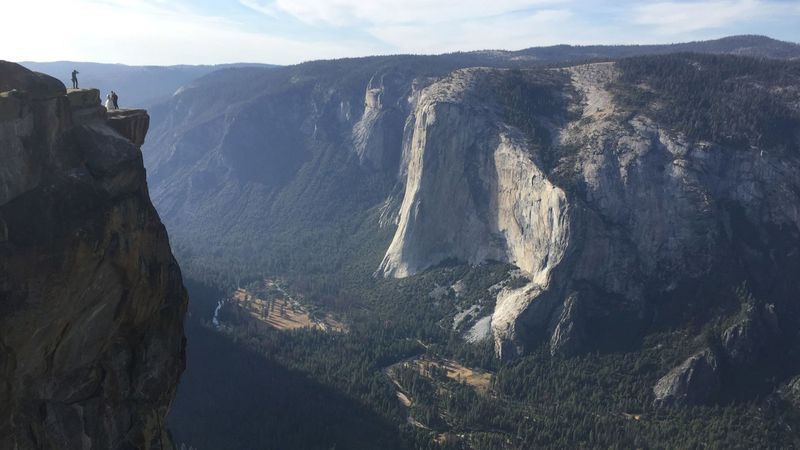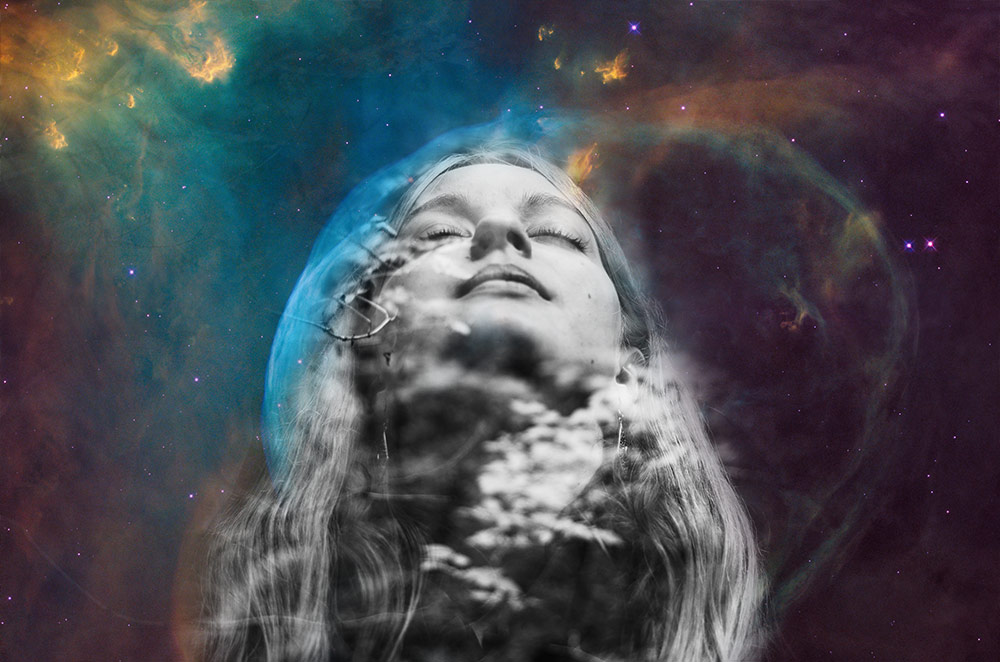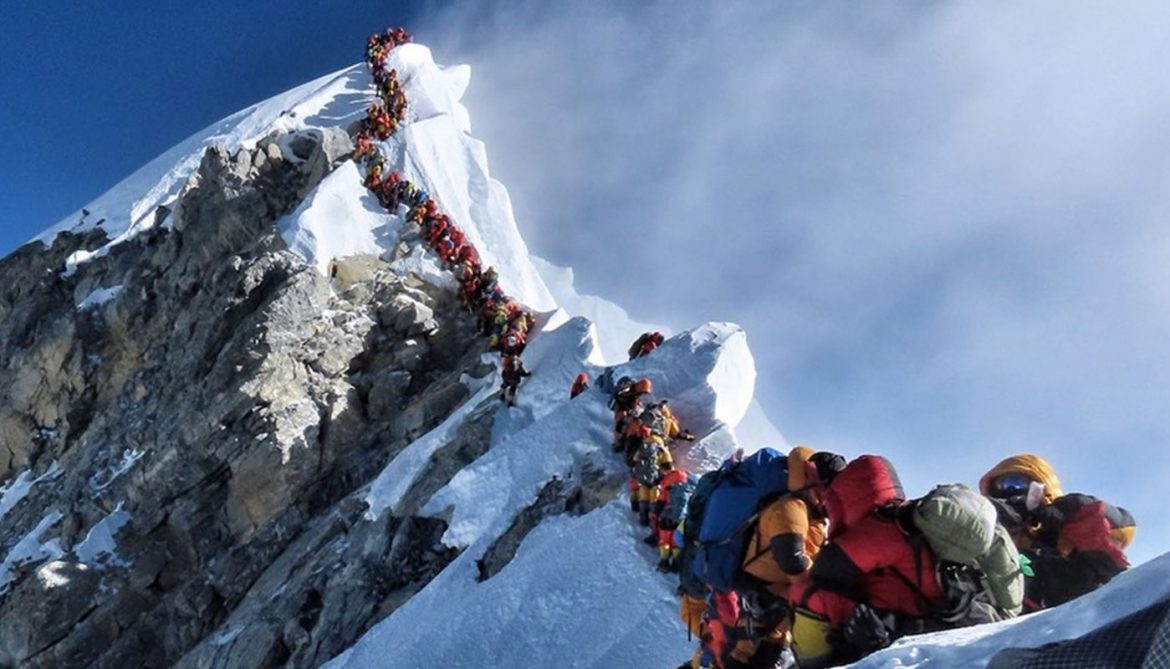In the not so distant past, most of the challenges humans faced were external. Until modern times, life imposed them. We had to survive in the wilderness–a very different thing than ‘wilderness survival’!
In the 19th and 20th centuries, external challenges began to be invented and internalized, such as conquering the poles, or climbing Everest.
The fabrication of external challenges has now reached a peak (or is it nadir?) of absurdity, with this year’s crop of Everest summiteers forming a conga line on the steep ascent along the spine to the top.
This picture of folly has a tragic parallel to the recent spate of selfie-induced fatalities, as people plunge to their deaths when they literally go out on the edge for that perfect Instagram shot.

Does the Western world-become-global society have a bottom? We may soon find out, with reality intruding bigly on fantasy as the ‘populist’ reversion slouches toward war. It may be “nasty, short and brutish,” but nothing will be the same afterward.
So what can the shrinking minority of people with a brain in their heads and an ember in their hearts do? Rather than invent more foolish, fantasy-filled external challenges, we can take up the real and present inward challenges we face as individuals and a species.
Space is set to become the new Wild West of commercialization and tourism. Our moon, with frozen water newly discovered at its poles, could be a gas station for rocket fuel for desperately empty earthlings eager to fill their inner vacuums with stopovers on their way to Mars and the rings of Saturn.
Going where no man or woman has gone before has never been harder. However the true frontier is obvious to those who understand that it’s not ‘out there,’ but in here.
With respect to the infinite inner frontier, one has to first go alone, before one can go with others. Taking the journey of self-knowing may sound terminally boring to the stimulation-addicted, but in reality, it’s their stultifying sameness that induces ennui.
If one has awakened and undertaken the inner journey, and can stand alone and walk alone, the unconquerable world within can be explored with others. What territory might people from different worlds on the same planet explore?
I’m not big of ‘interfaith dialogue,’ being much more inclined toward intra-faith dialogue. By intra-faith dialogue I mean inquiry and insight among contemplatives with activist inclinations, and activists with contemplative lives, whether they belong to a religion or not.
With regard to Eastern and Western traditions, here’s an interesting question: Is what the Buddhists call illumination the same thing that Jesus called “the kingdom of God?”
Christianity has deep contradictions and confusions, but Buddhism has its own. And it’s as doubtful that Buddhist contradictions emanated from Siddhartha as Christian contradictions emanated from Jesus.
For example, Buddhists speak in dualistic terms about the ‘false self’ vs. the ‘True Self.’ Probably more harm has been done in the West following that nonsensical precept than any other idea.
There is no ‘True Self’ at our core below all the content of the self, accumulated during this life and from previous generations. It’s darkness all the way down, which is why complete negation in meditation is the only approach that makes spiritual and philosophical sense.

Stephen Mitchell expresses another contradiction as if it wasn’t one in his otherwise fine book, “The Gospel According to Jesus.” He states, “Buddhists strive for enlightenment while at the same time affirming that each of us is enlightened from the beginning.” That’s not a Zen paradox; it’s gobbledygook.
Missing the log in his own eye, Mitchell says, “The Gospel passages in which ‘Jesus’ speaks of a kingdom of God in the future can’t be authentic, unless Jesus was a split personality, and could turn on and off two different consciousnesses as if they were hot-and-cold-water faucets.”
There is another way of resolving the paradox besides claiming a parallel with the modern Buddhist’s notion of “striving for enlightenment while at the same time affirming each of us is enlightened from the beginning.”
It is by realizing that when the separative, chattering mind falls completely quiet in effortless attention, one emotionally perceives the truth that wholeness is universal, and the universe is wholeness.
One then asks, since the underlying actuality is whole and holy, why is our lived reality fragmented and dark?
Even with an insight into that ultimate existential contradiction however, and a temporary state of realization, there is, for everyone, much inner work to be done.
So we come back to the true frontier. It’s where it has always been: within.
Martin LeFevre

